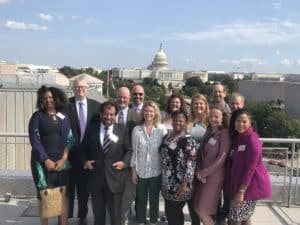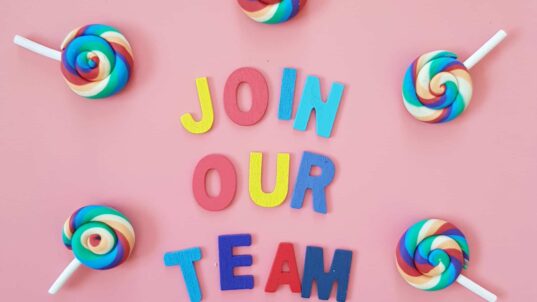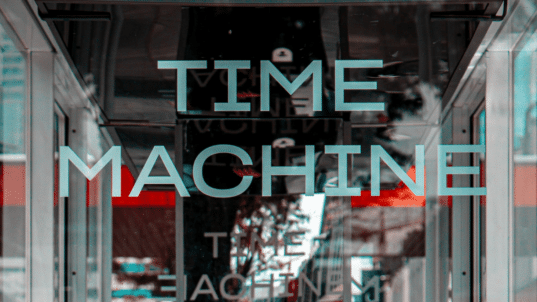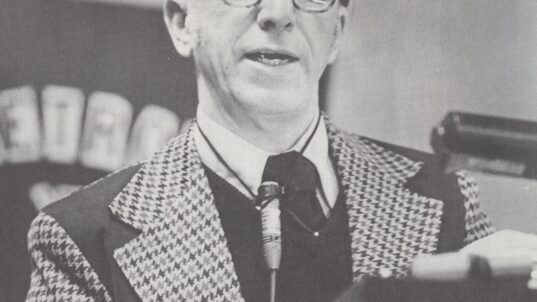Thanks to you all for coming—and thanks especially to Gene Policinski and the Newseum Institute for hosting us today. I’m Jeff Prudhomme, a Fellow and vice president of the Interactivity Foundation. On behalf of the Foundation, I’d like to welcome you to our discussion today. We’re a non-partisan non-profit, based in West Virginia with a group of Fellows in the DC area, in Philadelphia, and in Wisconsin. I’ll ask my colleagues to stand up, so you can see who we are.
 What are different possible futures for public discussion—and how might these connect to prospects for a democratic society? These are pressing questions. These questions go to the heart of who we are as an organization. They are what we’d like to explore with you today.
What are different possible futures for public discussion—and how might these connect to prospects for a democratic society? These are pressing questions. These questions go to the heart of who we are as an organization. They are what we’d like to explore with you today.
Today’s event is something of a celebration for us. We’re marking the 30th anniversary of the Interactivity Foundation, the brainchild of Jay Stern, a West Virginia businessman who believed that it was vital to the health of our democracy to engage more citizens in the work of developing more possibilities for our society. We sometimes refer to ourselves as IF—not just an abbreviation but also as the word “if,” which gets at the openness to possibilities we try to engender. Essentially we’re always asking, “what if?”
The path Jay Stern saw for this work was through small group discussions, where participants would help each other to explore a range of diverse concerns and develop contrasting and innovative possibilities to respond to these concerns. One way to summarize our approach is to call it collaboration by difference—working together not to forge consensus but to expand the range of possibilities under consideration.
We are also celebrating the 15th anniversary of the launch of our first projects that put Jay Stern’s idea into practice. Over these 15 years, we’ve developed 3 different focal areas: our project discussions, our public discussions, and our education discussions.
In our project discussions we facilitate sustained discussions by a group of citizens, some of them experts of various stripes, some of them just interested citizens. These projects explore and develop contrasting perspectives and possibilities surrounding an area of public concern. The goal is to expand the possibilities that people might consider as we look to the future. We capture the results of these discussions in Citizen Discussion Guides. These are developed by and for citizens. You can find examples of these from our 40 or so projects in the side alcove.
In our public discussions we engage citizens in short-term discussions using the possibilities generated by our projects as a springboard for renewed exploratory discussions.
In our educational work we have focused on helping faculty and students use the process to enhance learning and to help students develop vital 21st century skills. In IF classes, college students learn to facilitate their own discussion teams, where those teams are tasked with developing alternative approaches to the class subject matter. Those discussions have extended beyond the classroom, where students are now using them to facilitate peer discussions surrounding the themes of diversity and inclusion on campus.
We believe in learning by doing. So rather than tell you more about us, we’d like to engage you in doing what we do. We’d like to facilitate your thinking—to explore diverse perspectives about the concerns and challenges facing the future of public discussion. We’ll facilitate today’s discussion to see what diverse possibilities you can generate by working together. We’ll capture the thinking that emerges from today’s event and publish it in one or more ways (for example as a white paper). We’d like to help move these ideas forward.
If you’re interested in what we do and how we do it, we hope you’ll connect with us. We are always looking for partners with whom we can extend this work that we see as vital to our democracy.
Now let’s move ahead with our discussion.



